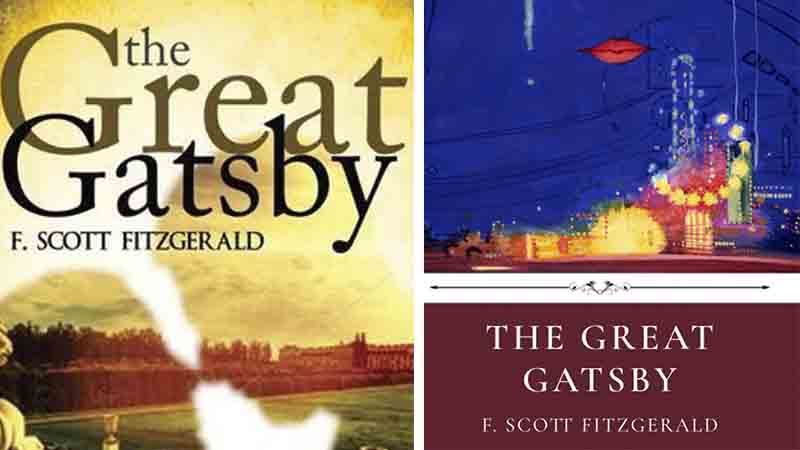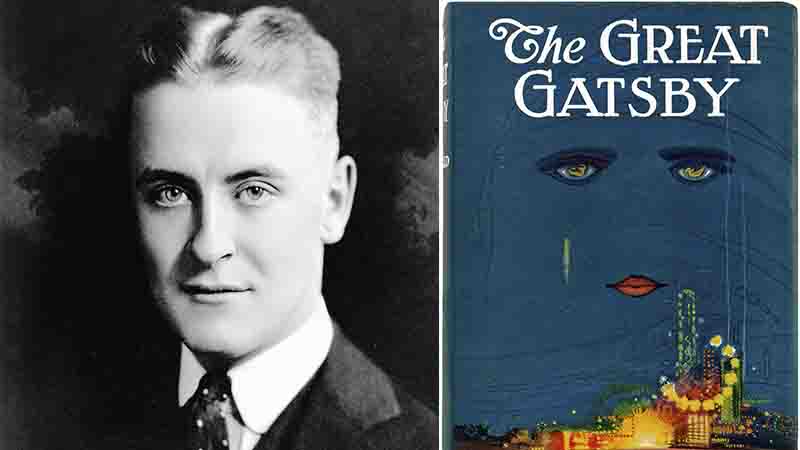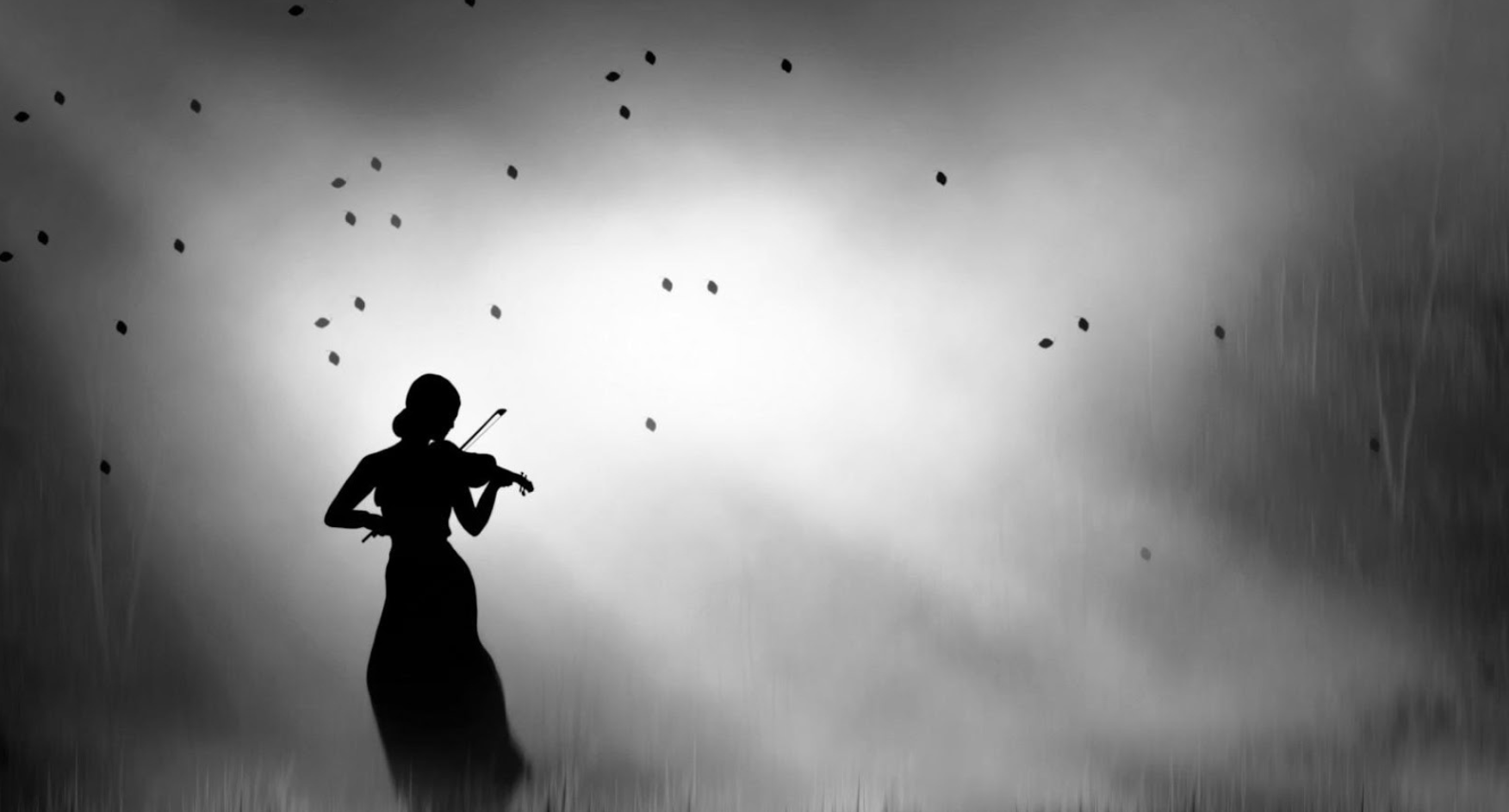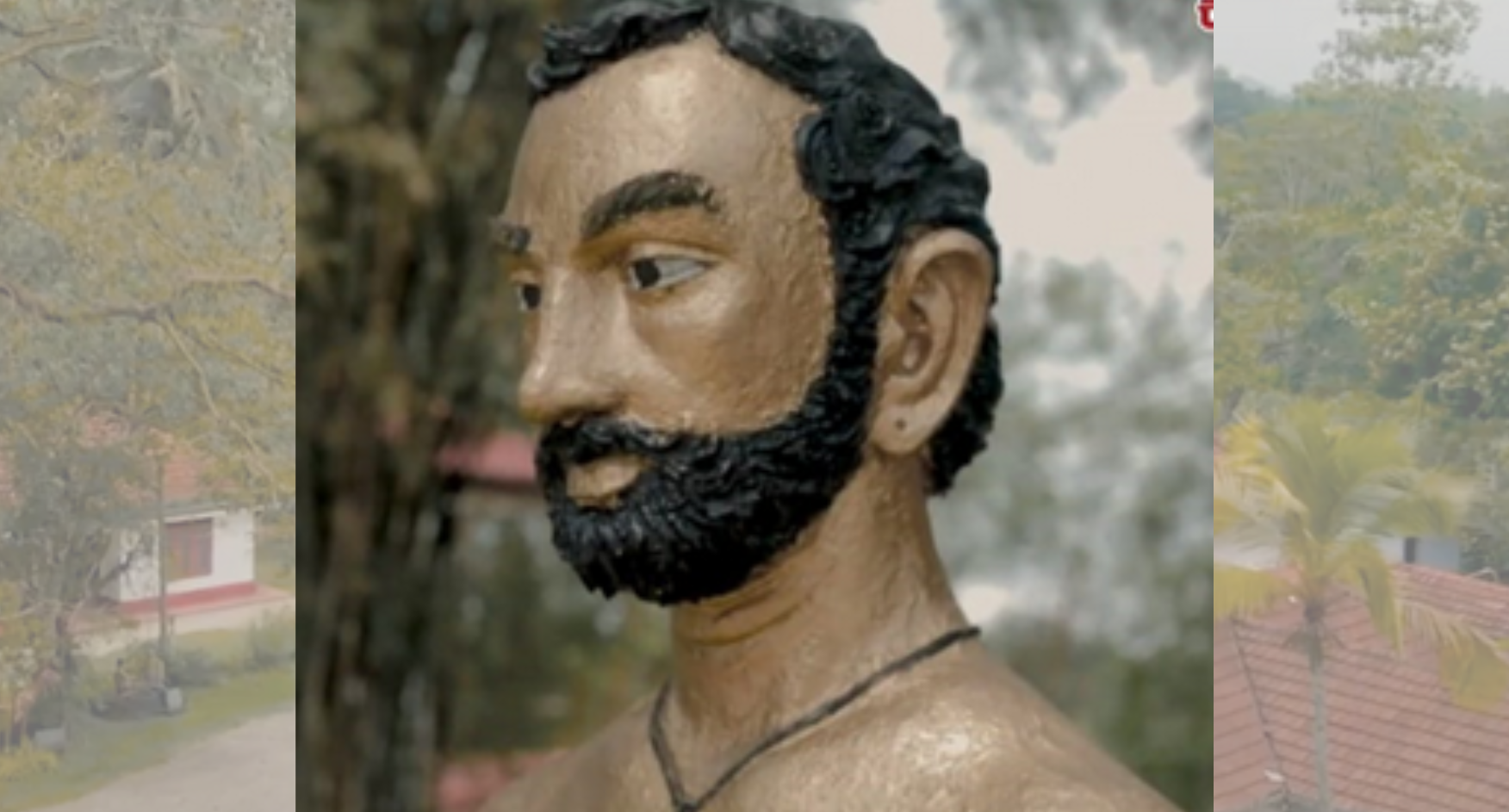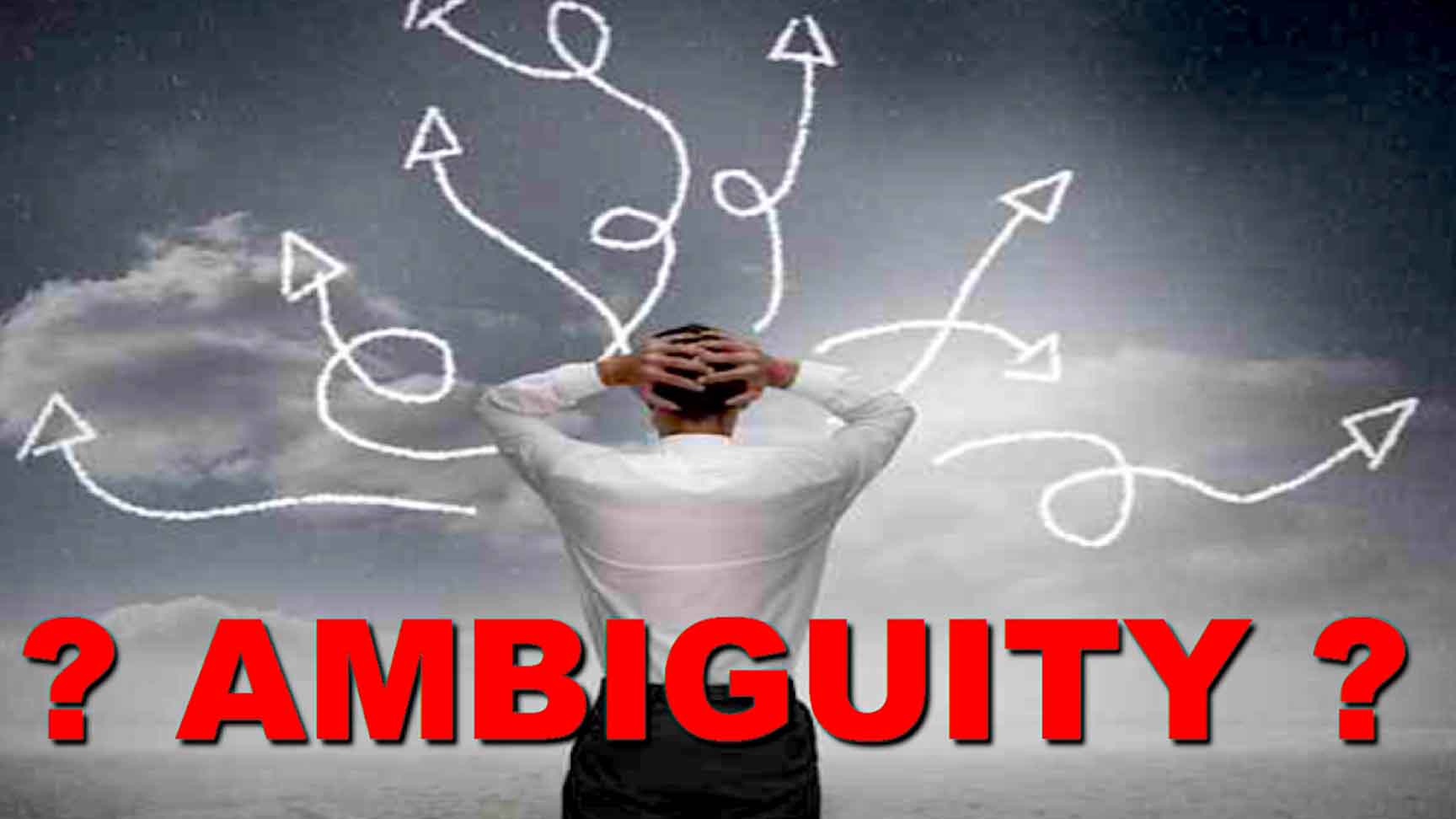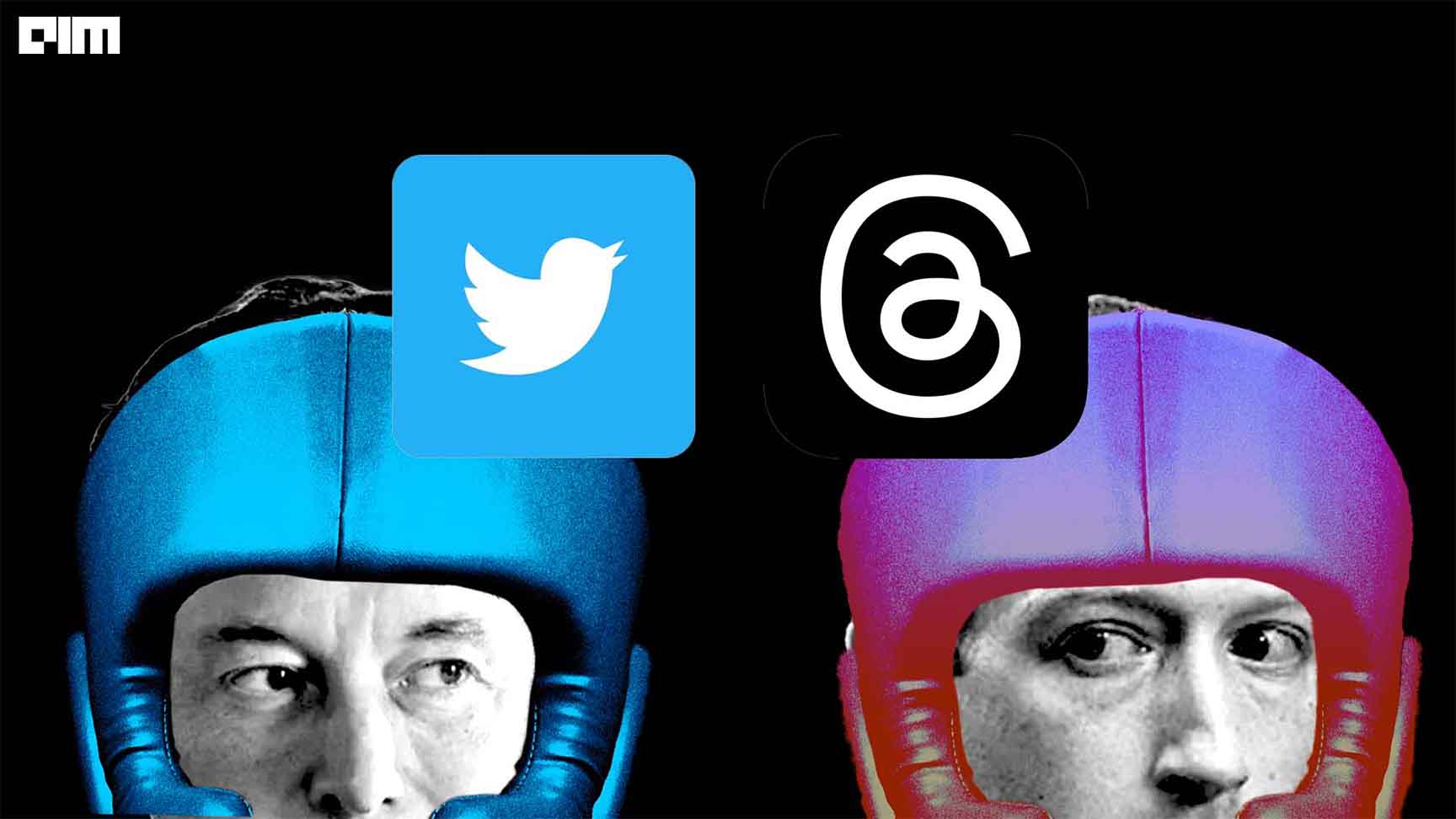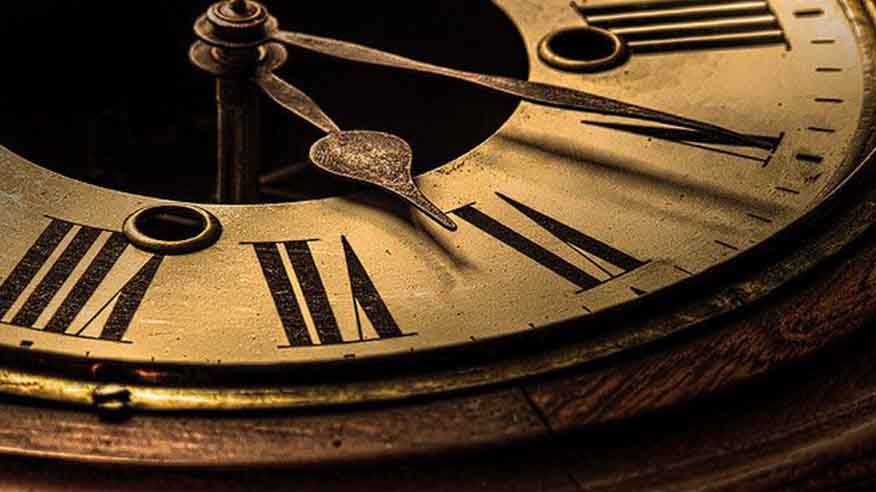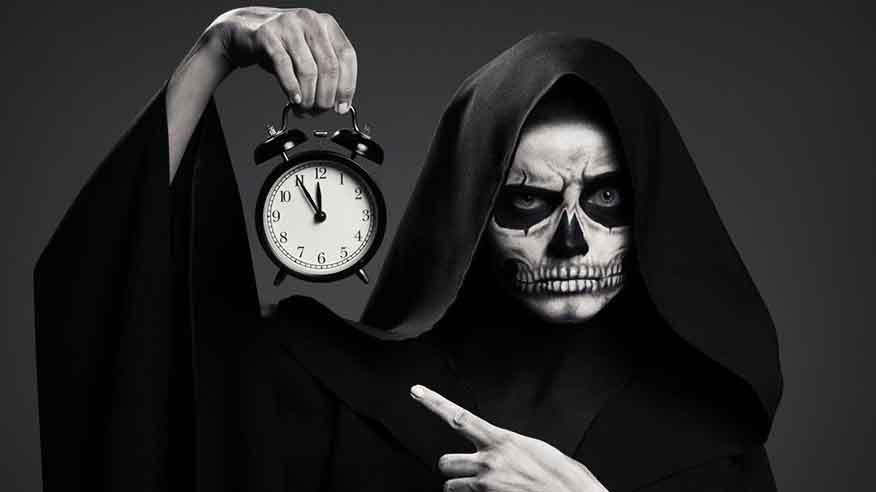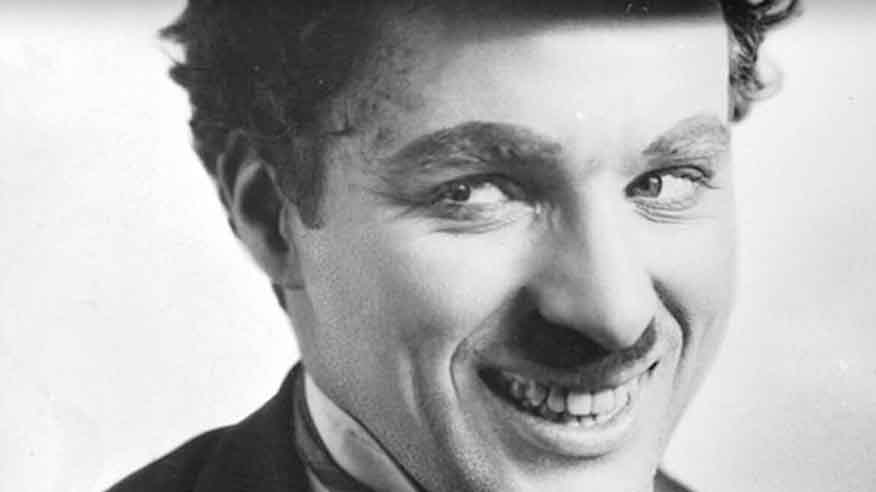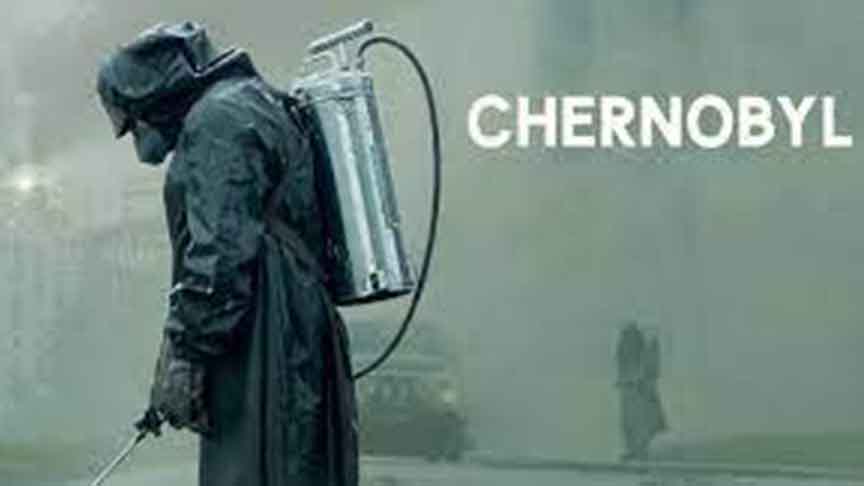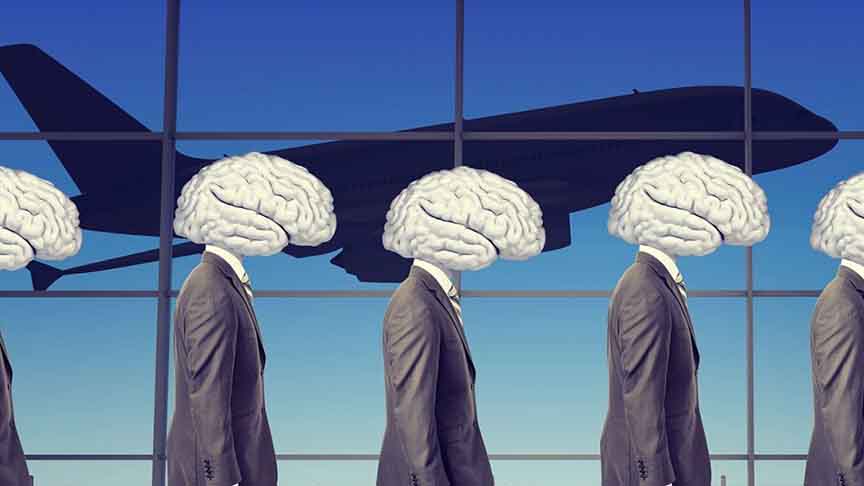A Review of “The Great Gatsby” by F. Scott Fitzgerald
- ගවේෂණ
- Affichages : 1040
“The Great Gatsby”, one of the renowned novels of the 20th century was authored by the American writer F. Scott Fitzgerald. The novel’s main focus is on “Jay Gatsby’s” rather tragic life story, presented from Nick Carraway’s perspective. The novel is set in New York City during the aftermath of the First World War. The novel seems to be presented in a way in which curiosity is awakened among the readers in order to witness the greatness of the protagonist which has been mentioned in the title of the novel.
The title of the novel and the plot are presented in a manner in which the readers are evoked with inquisitiveness to witness Gatsby. It is in the third chapter where the readers encounter Gatsby after being mentioned himself priorly in different instances. The title of the novel seems to be rather ironic when compared with the manner Gatsby has been presented. The tragic death of Gatsby and the life he led until then, provides evidence to the above-mentioned facet. Gatsby, a man dwelling a life of ambitions and pursuing them has been presented as a person engaging in gambling and bootlegging to acquire his fortunes, “was in drug business….” (Fitzgerald,1925, Ch.5). Gatsby represents the generation with new money, who did not inherit rich lifestyles but acquired them through accomplishment. Moreover, Gatsby’s love for Daisy was, “he waited five years and bought a mansion….” (Fitzgerald,1925, Ch.4) reveals the extent of his ambitiousness to acquire things he wanted. The writer has evoked sympathy towards Gatsby who was murdered unreasonably and an appalling funeral “procession of three cars…” (Fitzgerald,1925, Ch.9) at his funeral. It is rather ambiguous that Gatsby led a great life, therefore it is suggestable that the title of the novel has been presented in an ironic manner.
The narration of the novel is in the first person. The novel is presented from Nick Carraway’s perspective. Since he interacts with characters and presents what he observes, the novel is rather gripping. His encounter with Daisy is presented in an appealing manner, “a kind of voice that the ears follow up and down that will never be played again” (Fitzgerald,1925, Ch.1). Moreover, this excerpt emphasizes that Nick’s revelations are mostly based on what he observes, therefore, the novel’s narration possesses a rather omniscient perspective.
It is Nick Carraway, the character who is subjected to significant character development within the novel, a rather interesting character to analyze. Nick who was mesmerized by the New York life “the racy, adventurous feel of it…” (Fitzgerald,1925, Ch.4) changes into a rather matured individual who sees the futility of those momentary joys, with everything he witnessed through Gatsby’s appalling life story. Giving up the adventurous life of New York, Nick decides to spend more time in solitude which he perceived to be the most peaceful way to live. The final sentence of the novel,” So we beat on, boats against the current, borne back ceaselessly into the past, a generalization about the inability to escape our past is another interesting aspect within the text, which is being conveyed by Nick who has now been subjected to the peak of his character development.
Symbols contribute to the novel’s effectiveness immensely. The East Egg and the West Egg are two portions separated from a bay, formed in the imaginary “Long Island” which was supposed to be situated in New York City. The two portions of land seem to be suggesting two categories of rich people in America during the aftermath of the First World War. The East Egg was occupied by the aristocrats who inherited wealth from their families. The settlements in the West Egg were of those who did not inherit money or status but acquired them and they were also known as the “new money” generation. The lifestyles of both communities seem to be the same until they are analyzed well. Nick conveys this as, “dissimilarity in every particular except shape and size” (Fitzgerald,1925, Ch.1). Tom and Daisy are the characters who represent the East Egg community in the novel, meanwhile Gatsby represents the West Egg. Fitzgerald subtly portrays the differences existing between these two communities. The greenlight at the East Egg is another symbol that emphasizes the same facet. The “green light at the end of Daisy’s dock.” (Fitzgerald,1925, Ch.9). The light symbolizes hope, hope in Gatsby to win Daisy who was in the East Egg. Daisy could be suggested as the hope of his life which was unattainable similar to certain aspects such as a noble heritage that Gatsby could not attain despite being wealthy.
The ideologies conveyed through the novel about aspects such as money, love and friendship are captive. Fitzgerald emphasizes the power of money and the nature of love in a melancholic manner. Gatsby was wealthy and he found the love of his life but he did not find satisfaction or happiness throughout his life as he has been sacrificing it all to win over a woman who ultimately cost his life. The friendship between Gatsby and Nick is a blissful one. Among all the ruined relationships that existed within the novel such as illicit relationships and unhappy marriages, Nick’s and Gatsby’s bond was depicted as a rather sincere and unconditional one. Nick’s constant support for Gatsby to win Daisy and Gatsby’s genuine warmth towards Nick are rather intriguing. Moreover, it was Nick’s character who observed Gatsby the most and his influence on Gatsby’s character supported in portraying heroic character traits that existed in the protagonist such as Gatsby being a great dreamer and a lover.
The novel describes Gatsby’s parties in a rather exaggerated manner.” men and girls came like moths among the whisperings and the champagne and the stars” (Fitzgerald,1925, Ch.3). The novel emphasizes that Gatsby’s parties were popular in New York, Gatsby’s existence was well known and he was a popular individual according to the novel’s presentation. Similarly, the novel seems to have been exaggerated in the manner Gatsby’s funeral has been presented, there were only his father, Nick, a few servants and “The minister” (Fitzgerald,1925, Ch.9). This comparison tends to be exaggerated which seems to have a rather unrealistic nature. Gatsby was well known in the city of New York therefore the funeral gathering being inadequate to this extent is rather an unbelievable facet.
With regards to the facets that have been mentioned above, it is evitable that Fitzgerald seems to have emphasized the fact that Gatsby is perhaps, another human with flaws and lacks greatness as mentioned in the title of the novel which is rather ironic. The effective employment of the novel’s title, narration, symbols and characters has contributed to conveying the priorly mentioned hindsight. The exaggeration of certain aspects such as the lack of visitors at Gatsby’s funeral which supposed to have created a rather unrealistic and unbelievable atmosphere in the novel. Nevertheless, the novel is a well-written work transcending its aspects beyond the 20th century.
Yudheera Karunaratne
References
Bloom, H., n.d. F. Scott Fitzgerald's The Great Gatsby (Bloom's Modern Critical Interpretations). New edition (April 1, 2010) ed. New York: Blooms Literary Criticism.
Fitzgerald, F. S., April 10, 1925. In: The Great Gatsby. New York: Charles Scribner's Sons.
SparkNotes, 2021. The Great Gatsby:Study guide. [Online]
Available at: https://www.sparknotes.com/lit/gatsby/
[Accessed 08 10 2021].

